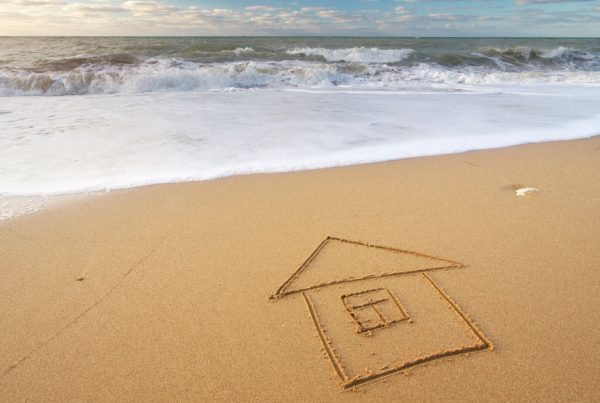Are you thinking of renting your home? If so, for whatever reason, it is important to be familiar with all the legislation that exists in terms of obligations as a landlord.
We know of cases of people who have rented, for example, their home in Spain, and have come to a certain extent to disengage, which in the end has meant a good headache in the management of the rental and the associated obligations towards the person who has rented this property.
If this is your case, we recommend you not to miss our new blog article in which we will try to summarize in a simple way which are the obligations that you have as a landlord of a property.
What is the applicable law if I want to rent my property?
As you can imagine, renting a property is a fully regulated and legislated process, always with the aim of making the obligations and rights of both parties very clear, and guaranteeing that no illegal act takes place.
In this case, when we refer to the general obligations that the landlord of a property has, we can find them in Law 29/1994 on Urban Leases. At the same time, a series of more specific conditions related to payment declarations or more recently on energy efficiency can also be established and are included in more specific laws or provisions such as tax laws.
In addition, we also have the lease contract between the parties where conditions can be set out or agreed between the parties as long as they are not contrary to any regulatory provision.
What are my obligations as a landlord?
Logically, most of the obligations established as a landlord are aimed at ensuring that the people who have rented the property can enjoy it in the best possible conditions.
So, although it may sound cliché, the first obligation that the landlord has is to ensure that the tenant of the property can make peaceful and undisturbed use of the property. This includes that the landlord himself cannot disturb this peaceful use.
Furthermore, as the landlord, you have the obligation to ensure that the conditions necessary for the flat to be habitable and in the best possible condition are met at all times throughout the duration of the tenancy.
This includes carrying out any repairs that may be necessary, unless it is agreed that the tenant will carry them out himself and the amount will be discounted from the rent if so agreed.
Apart from this, and this is something that has been heard a lot over the last few months, in the event of an increase in the price of the rent from one year to the next, there is an obligation to communicate this one month before the rent update takes place. In addition, the expenses leading to this increase in rent must be justified.
Also with regard to the payment of rent, if you own a rented property, you should know that you cannot require your tenant to pay you more than one month’s rent in advance.
What are my rights as the owner of a rented flat?
As you have read, as landlords of a property there are a whole series of obligations that, if not fulfilled, can lead to the termination of the contract by the tenant.
But, as is normal, there are also a series of rights that you can take advantage of. We explain them to you.
The landlord has the right to receive a deposit as a rental guarantee. Therefore, this deposit is a guarantee to the tenant that, when the time comes, he/she will return the property in the same conditions in which he/she received it. Otherwise, the tenant runs the risk of losing this deposit.
On the other hand, there is also the right to increase the rental price if these conditions for maintaining the property are not met.
In addition, for example, if the landlord has carried out improvement work on the property, there is a right to increase the rental price, unless otherwise agreed.
There are sometimes situations in which, after a certain period of time, the owner wishes to return to the property for personal use or that of a first-degree relative. In this case, it is possible to suspend the rental extensions as long as one year has passed since the signing of the rental agreement and at least two months’ notice is given.
In addition, there are a number of reasons that justify the termination of the rental contract:
- Non-payment of rent
- Rental of the property to a third party by the tenant.
- Carrying out works without the landlord’s consent
- Damage to the property
- Annoying, harmful, dangerous or unhealthy activities.







